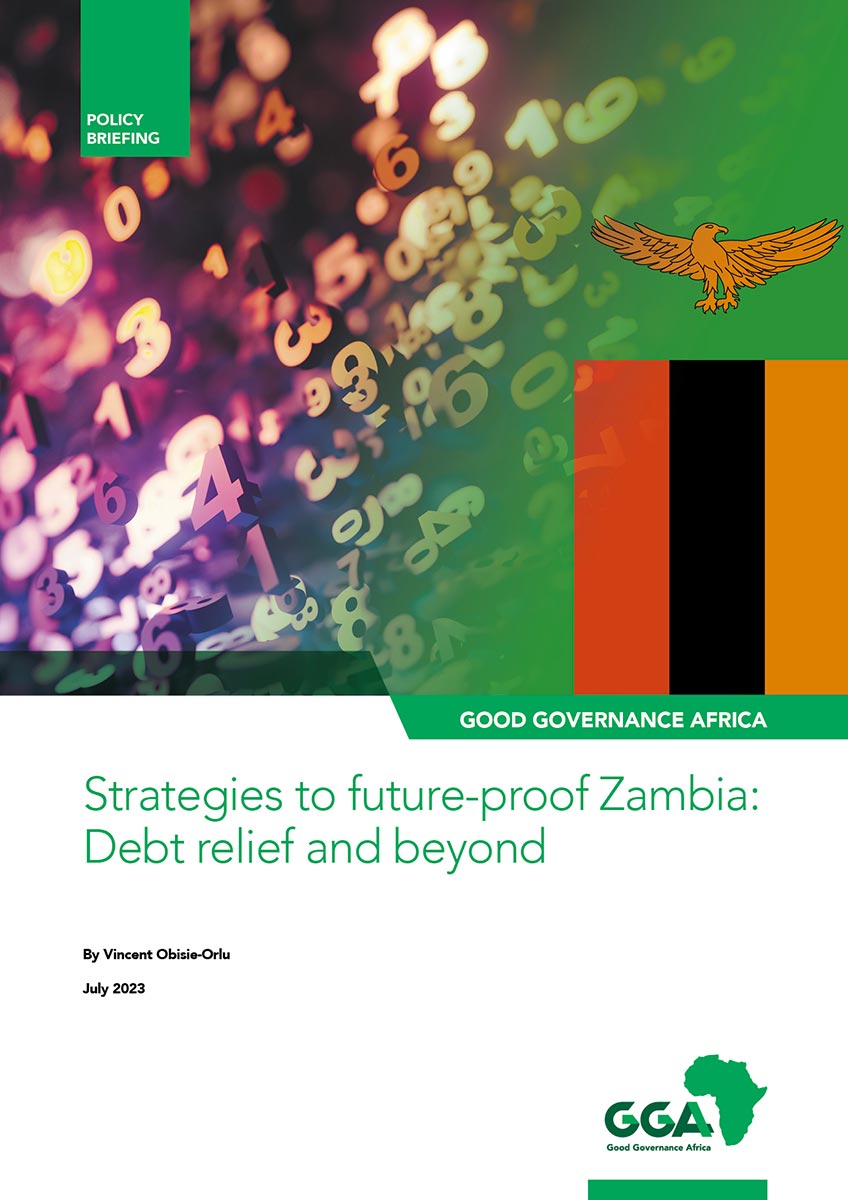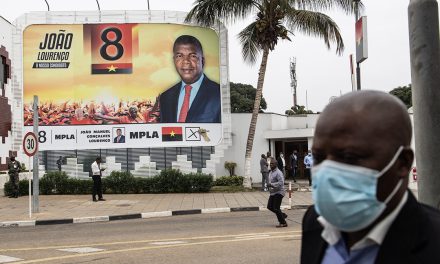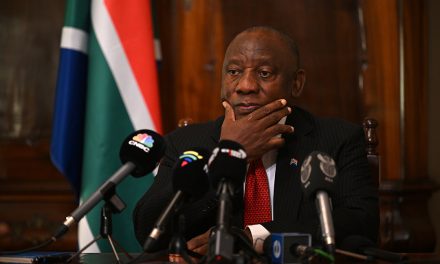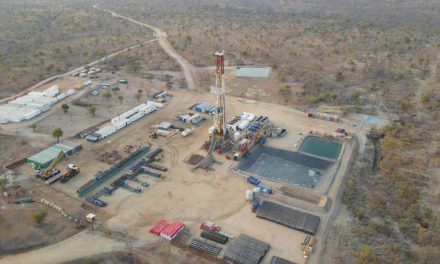
Debt relief negotiations are currently taking place, with Zambia expected to be the first country to receive debt relief under the newly created G20 Common Framework. However, the process faces challenges, with China and the United States trading accusations of impeding the process. Some of Zambia’s creditors have also been unwilling to agree to write off some of the country’s debt. Positively, innovative approaches to debt relief have been proposed that would support Zambia’s net-zero ambitions and promote sustainable development, such as debt for nature swaps. The integration of Zambia into the European Union’s Critical Minerals framework could further support and assist Zambia in attaining a deal.
Without a deal, Zambia risks being plunged into further macroeconomic uncertainty at a time when the country needs investment to capitalise on opportunities presented by political stability and structurally higher prices for copper and other critical minerals with which Zambia is endowed.
Vincent Obisie-Orlu is a Natural Resource Governance researcher at Good Governance Africa. He holds a BA in International Relations and Political Studies from the University of the Witwatersrand. His work focuses on natural resource governance of critical minerals, Environmental Social and Governance (ESG) issues, sustainable finance, and energy policy in light of the energy transition.












